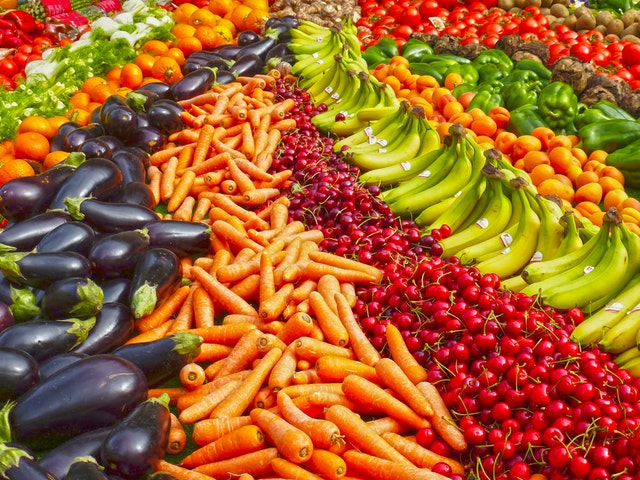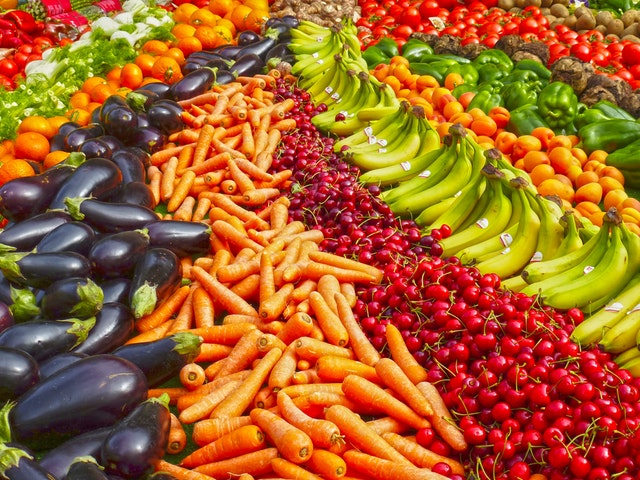
Your Food 101 & GMO’s:
GMOs are animals and plants who have been genetically altered. They are modified so that our crops and more resistant to pests, weeds, and any other diseases that typically threaten them. They tend to have a longer life, travel well, and in many cases reduce the cost of the product, too.
It’s common for GMOs to feature in mass-produced products, while the US did pass a bill requiring some GMO ingredients to be listed on labeling, there are loopholes that allow manufacturers to get around it or skip certain ingredients.
It’s become a common method of farming because it is more cost efficient for both farmers and producers.
Is It Safe To Eat GMOs?
Dozens of countries across the planet have placed restrictions (or bans) on producing GMOs. Why?
Quite simply, these countries do not believe that GMOs have been proven to be safe. The consensus has simply been that in the studies so far, it doesn’t appear that GMOs are unsafe (https://allianceforscience.cornell.edu/blog/mark-lynas/gmo-safety-debate-over). It is hardly the win that GMO activists have claimed it to be.
The Widespread Use of GMOs
The majority of both soybeans and corn that are grown in the US have been genetically modified. In fact, The Center For Food Safety reports that it is believed that around 70% of American processed foods stocking the supermarket shelves now contain at least one ingredient that has been genetically modified. There are a number of crops that are unrestricted and while there have been court orders to prevent their planting, the USDA hasn’t enforced it.
How To Avoid GMOs
The simplest way to avoid consuming GMO products is to buy organic foods wherever possible. The processes that organic producers use ensure that your food hasn’t been genetically modified, it is not subjected to planting on land that has been treated or sprayed with chemicals. Separate machinery is used to prevent contamination and the ingredients are stored separately, too.
If the cost of organic products makes your stomach turn there is a way to find a good balance. Fruits and vegetables with a hard or thick skin are the safest non-organic products for you to purchase as it’s more difficult for toxins to reach the fruit or vegetable itself. However, when it comes to those fruits and vegetables with soft skin (or skin that you eat) you should always buy organic.
What Will GMOs Do To My Health?
While there have been numerous studies on GMOs, the general consensus (only reached recently) is that they do not appear to be unsafe. However, because the products weren’t labeled or tracked for so long, it is challenging to get a true picture of what potential human health problems may stem from the consumption of GMOs. While we don’t know that GMOs actively harm human health, we also don’t truly know whether they are unsafe.
What Do GMOs Do To The Environment?
GMOs may be leading to the growth of superbugs and superweeds as these become more resistant to the pesticides and herbicides being used, thus increasing the need for more of it to be used or a stronger version to be created.
The Organic Center found that in the first 13 years of GMOs in commercial use, those crops increased herbicide use by over 350 million pounds.
It appears as though that the majority of GMO crops are being used to feed livestock in the richer nations, rather than putting food in the bellies of poor nations. South America produces large amounts of GMO soybeans, but they are going to feed Europe’s livestock. Additionally, there is a potential risk that poor farmers are being displaced, thus making locally consumed products more scarce.
As sciences evolve there are going to be mistakes. We must look for the experiments. Hoping not to be part of the experiemnent.
Be careful
XoxoX
Chef Murph



